“If you’re behind the moon and hear some weird noise on your radio, and you know you’re blocked from the Earth, then what could you possibly think?”
By Lee Speigel
The crew of an Apollo mission to the moon were so startled when they encountered strange music-like noises coming through their headsets, they didn’t know whether or not to report it to NASA.
It was 1969, two months before Apollo 11’s historic first manned landing on the moon, when Apollo 10 entered lunar orbit, which included traversing the far side of the moon where all spacecraft are out of radio contact with Earth for about an hour and nobody on Earth can see or hear them.
As far as the public knew, everything about the mission went smoothly.
The Science Channel series, “NASA’s Unexplained Files,” discusses the overlooked recordings of an unsettling experience the three Apollo astronauts had while flying above the far side of the moon.
The recordings contain “strange, otherworldly music coming through the Apollo module’s radio,” Science Channel says.
The conversation between the three astronauts indicated they heard sounds as they had never heard before:
“It sounds like, you know, outer space-type music.”
“You hear that? That whistling sound? Whooooooooo!”
“Well, that sure is weird music!”
The sounds lasted almost an hour, and just before the astronauts regained radio contact with Earth, they discussed whether or not to tell Mission Control what they had experienced:
“It’s unbelievable! You know?”
“Shall we tell them about it?”
“I don’t know. We ought to think about it.”
“The Apollo 10 crew was very used to the kind of noise that they should be hearing. Logic tells me that if there was something recorded on there, then there was something there,” Apollo 15 astronaut Al Worden says on the Science Channel program. “NASA would withhold information from the public if they thought it was in the public’s best interest.”
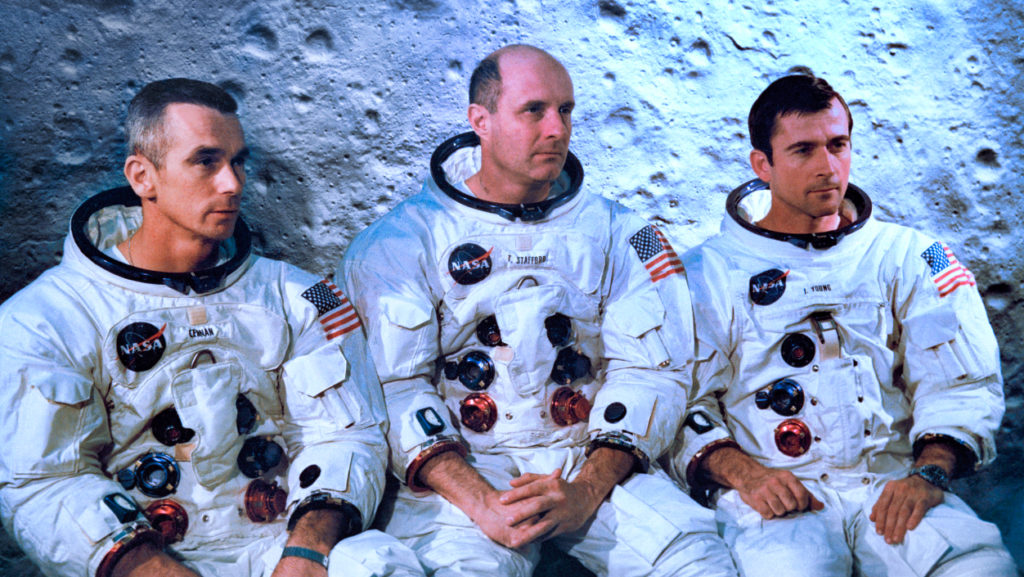
| THE CREW MEMBERS OF APOLLO 10 MISSION | |
|---|---|
| Commander | Thomas P. Stafford Third spaceflight |
| Command Module Pilot | John W. Young Third spaceflight |
| Lunar Module Pilot | Eugene A. Cernan Second spaceflight |
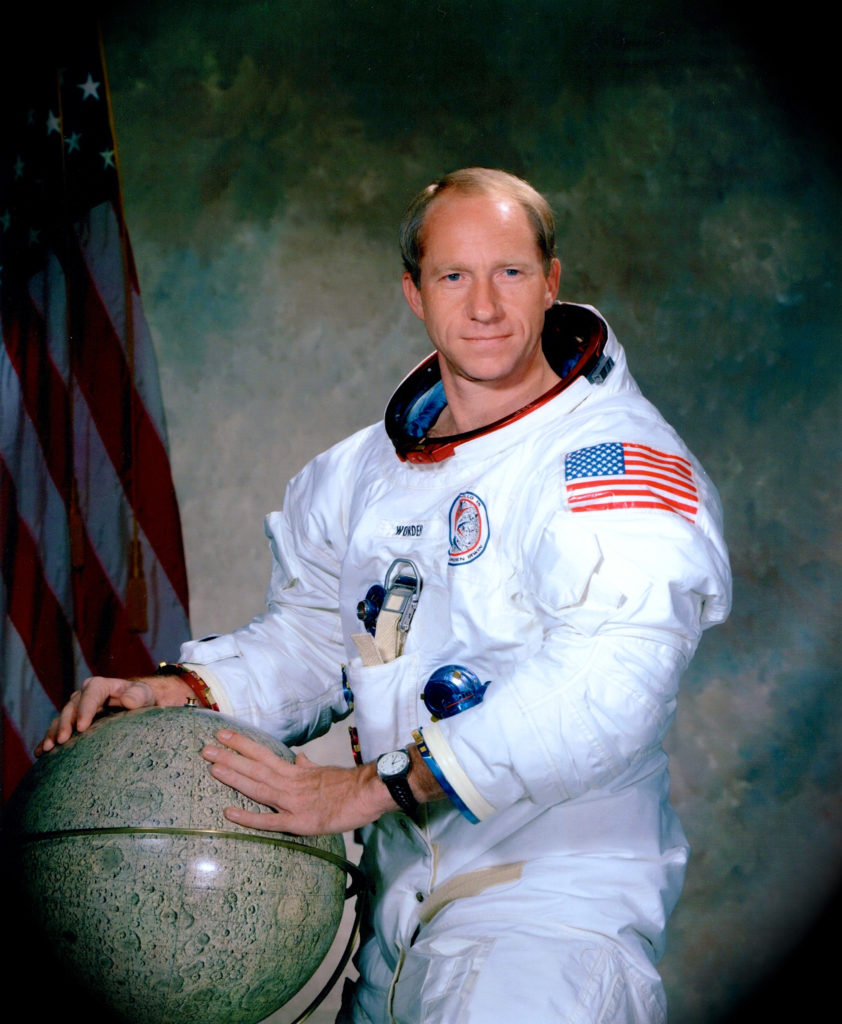
“The Apollo 10 crew was very used to the kind of noise that they should be hearing. Logic tells me that if there was something recorded on there, then there was something there,” Apollo 15 astronaut Al Worden says on the Science Channel program. “NASA would withhold information from the public if they thought it was in the public’s best interest.”
“You don’t hear about anything like that until years after the incident occurs, and then you kind of wonder, because it’s such an old memory of those things that you get concerned about if they were making something up or was there something really there? Because you never really know,” Worden told The Huffington Post.
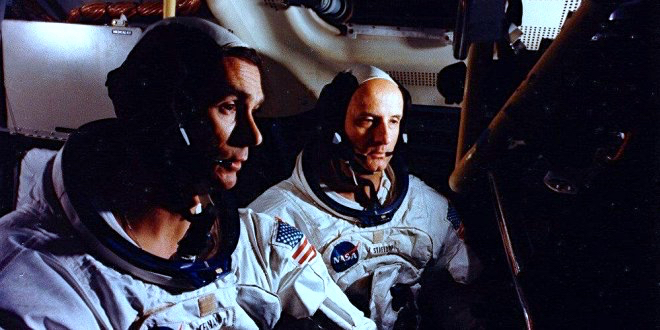
“The Apollo 10 crew was very used to the kind of noise that they should be hearing. Logic tells me that if there was something recorded on there, then there was something there,” Apollo 15 astronaut Al Worden says on the Science Channel program. “NASA would withhold information from the public if they thought it was in the public’s best interest.”
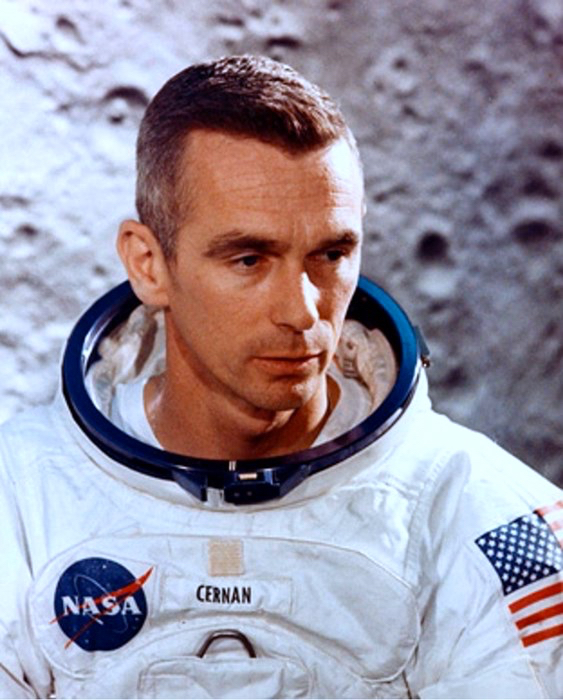
GENE CERMAN
NASA has made Apollo 10 transcripts and audio transmissions available to the public for further clarification.
Science Channel’s “NASA’s Unexplained Files” airs on Tuesdays at 10 p.m. Check your local listings.
CORRECTION: A previous version of this post stated that the recordings in question had been “lost” and were only recently declassified, and characterized the sound on the recordings as “unexplained.” This article has been updated with NASA’s statement, and accordingly throughout. Similar characterizations in the videos above, produced by the Science Channel, do not address these changes.
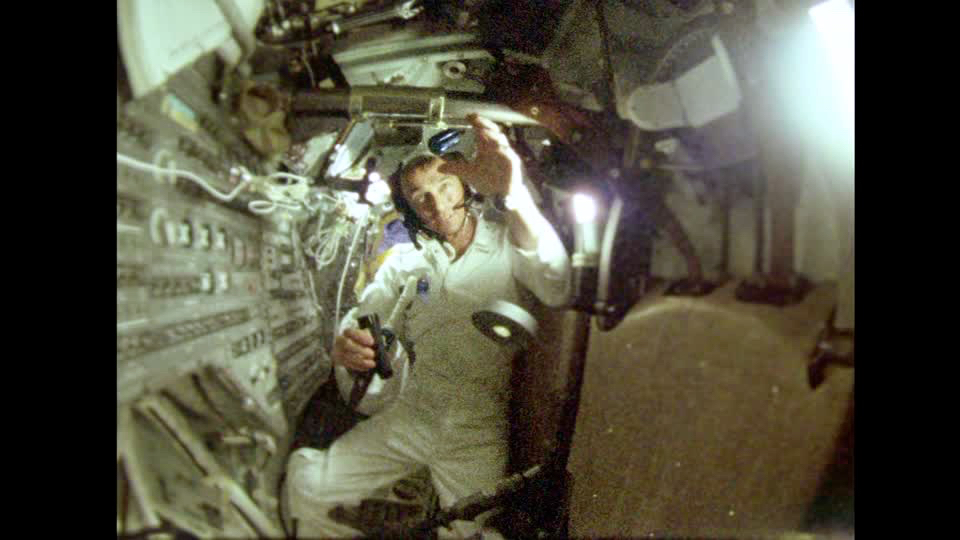
AL WORDEN
“We’d had a lot of incidents where guys who flew in space saw and heard things that they didn’t recognize, and you wonder about all of that,” Worden said. “I have a very open mind about what could’ve happened. It’s somebody’s hearsay evidence — it’s only a visual or audio event, which is hard to pin down. Recollection is one thing, but actual proof is something entirely different.”
THE ARTICLE WAS PUBLISHED BY HUFFPOST SCIENCE.

